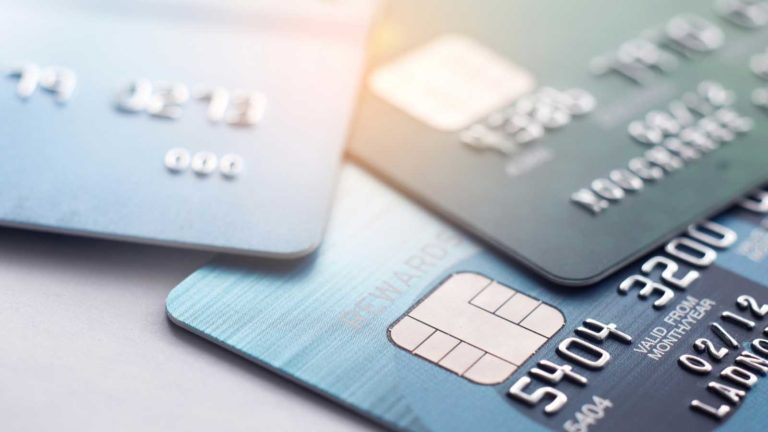Interest rates have risen once again this week. The Federal Reserve hiked its overnight Federal Funds rate another 75 basis points (0.75%) to a range of 2.25% to 2.5%. This range effectively brings rates back to the height of the previous pre-pandemic hiking cycle.
For investors, these higher rates are problematic from a valuation and earnings perspective. However, all investors are also consumers (though not every consumer is an investor.) Thus, the impact on consumers can often get lost in the fray in the financial media.
For those looking at how these higher interest rates may impact consumer debt, the picture isn’t pretty. Let’s dive into the impact this week’s decision could have on those holding credit card debt.
Higher Interest Rates Add Extra Sting to Credit Card Debt
Already generally the highest-rate debt most consumers have, most personal finance experts suggest folks prioritize eliminating credit card balances. The interest rate on credit card balances varies from card to card. However, at
an average of 17.25%, these are essentially unsecured lines of credit and among the most expensive forms of borrowing for households.
Interestingly, this 17.25% rate is actually on the rise. As late as March, prior to the Fed hikes, rates were around 16.3%. A 1% move higher in credit card rates might not seem like much at these higher levels. However, for those with considerable balances, this can mean months or years of additional payoff for those paying the minimum every month.
Additionally, expectations for where credit card rates could go from here have increased. According to Greg McBride, chief financial analyst at Bankrate.com, “with the frequency of Federal Reserve rate hikes this year, it will be a drumbeat of higher rates for cardholders every couple of statement cycles.”
Thus, consumers may want to consider consolidating credit card debt with other lower-rate forms of borrowing. Whether that’s a line of credit or a loan, most products carry rates much lower than the prescribed credit card interest rates consumers see.
On the date of publication, Chris MacDonald did not have (either directly or indirectly) any positions in the securities mentioned in this article. The opinions expressed in this article are those of the writer, subject to the InvestorPlace.com Publishing Guidelines.

